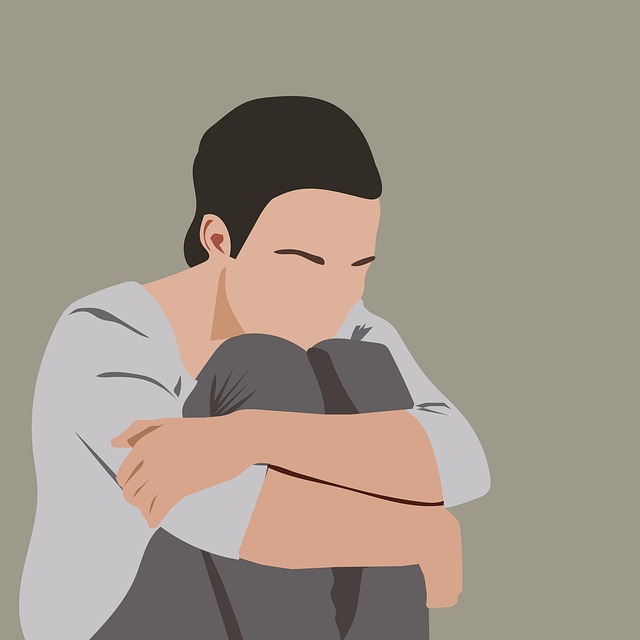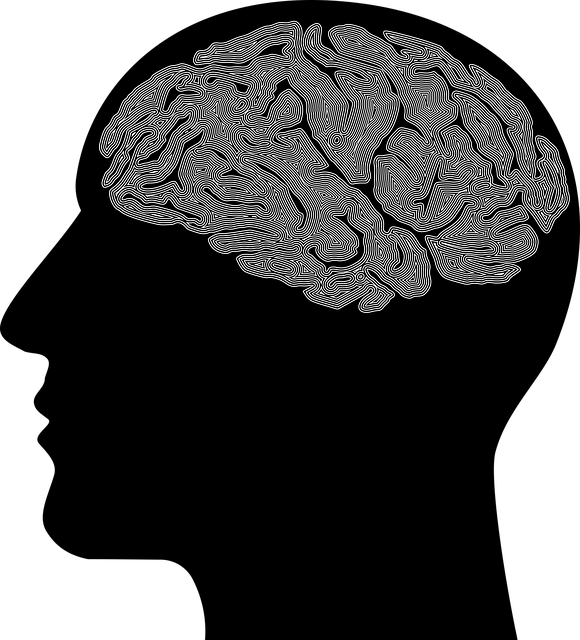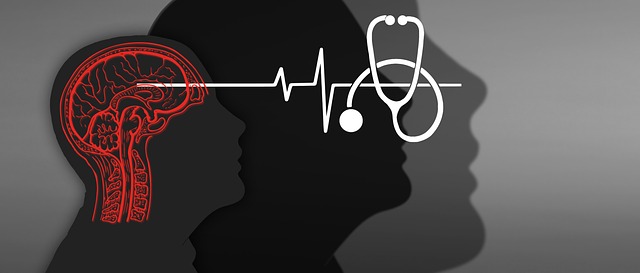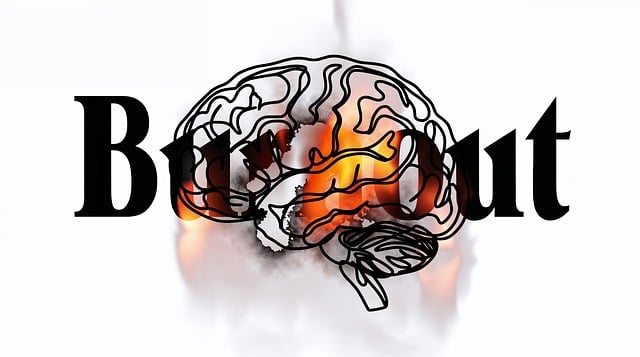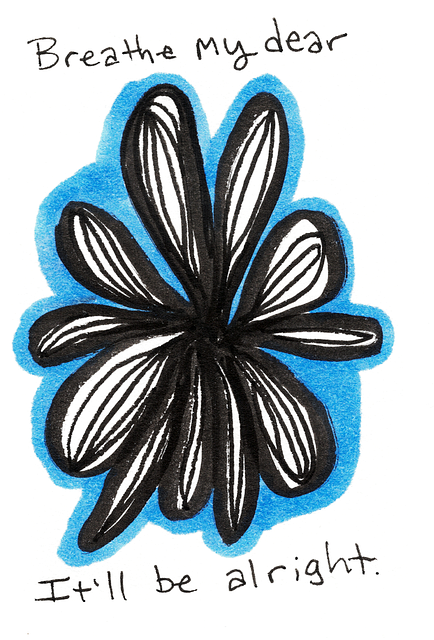Loss, grief, and bereavement require a nuanced approach, with Littleton EMDR Certified Therapy offering specialized support. This therapy uses evidence-based techniques like Eye Movement Desensitization and Reprocessing (EMDR) to help individuals process traumatic grief, gain new perspectives, and develop effective coping strategies. Beyond EMDR, the center provides safe spaces for self-care and empathy-building, fostering non-judgmental support. Cultural sensitivity in mental healthcare is vital, ensuring tailored counseling for diverse backgrounds.
Grief is a complex journey, often filled with raw emotions after experiencing loss. This article offers a comprehensive guide to navigating through these challenging times. We explore sensitive approaches to understanding loss, grief, and bereavement, emphasizing the importance of professional support. One such powerful therapy, Eye Movement Desensitization and Reprocessing (EMDR), is highlighted for its role in processing difficult emotions. Additionally, we introduce Littleton EMDR Certified Therapy, providing expertise and availability for those seeking healing after significant loss.
- Understanding Loss, Grief, and Bereavement: A Sensitive Approach
- The Role of EMDR Therapy in Processing Difficult Emotions
- Littleton EMDR Certified Therapy: Expertise and Availability
- Strategies for Coping and Healing After a Significant Loss
Understanding Loss, Grief, and Bereavement: A Sensitive Approach

Loss, grief, and bereavement are deeply personal experiences that require a nuanced understanding. At its core, loss refers to the absence or removal of something valued, whether it’s a loved one, a relationship, or a way of life. Grief is the emotional response to this loss, often characterized by sadness, anger, confusion, and other complex feelings. Bereavement, on the other hand, encompasses the period during which an individual deals with these emotions and adjusts to their new reality without the presence of what was lost.
A sensitive approach to counseling in these situations involves validating the individual’s experience, offering safe spaces for expression, and employing evidence-based techniques like those used in Littleton EMDR Certified Therapy. This therapeutic method helps clients process traumatic memories and emotions associated with loss, fostering healing. Additionally, incorporating strategies for stress management, such as those taught in Stress Management Workshops Organization programs, can empower individuals to cope more effectively. Mental Health Education Programs Design can also equip people with the knowledge to recognize signs of distress and offer support to themselves and others. Empathy Building Strategies are crucial for creating connections and understanding during this challenging period.
The Role of EMDR Therapy in Processing Difficult Emotions

Loss, grief, and bereavement can leave individuals struggling to process a myriad of complex emotions. This is where EMDR (Eye Movement Desensitization and Reprocessing) therapy comes into play as a powerful tool for healing. Certified EMDR therapy in Littleton has gained recognition for its effectiveness in helping people navigate the emotional landscape after traumatic or distressing events, including the loss of a loved one.
EMDR therapy facilitates the natural emotional healing processes of the brain. Through specific side-to-side eye movements or other bilateral stimulation techniques, patients can process and resolve past traumatic memories and associated emotions. This approach allows individuals to confront and work through their grief, gaining new perspectives and insights into their experiences. Combining EMDR with mental health education programs design or stress management workshops organization can empower individuals to develop coping strategies and enhance their overall well-being during challenging times.
Littleton EMDR Certified Therapy: Expertise and Availability

In the journey towards healing from loss, grief, and bereavement, seeking professional support can be a powerful step towards mental wellness. Littleton EMDR Certified Therapy offers specialized assistance for those navigating the complex emotions that often accompany profound losses. With a focus on evidence-based techniques, therapists use Eye Movement Desensitization and Reprocessing (EMDR) to help individuals process traumatic grief and build resilience. This approach has proven effective in addressing the unique challenges associated with bereavement.
Beyond EMDR, the counseling center provides a safe space for clients to explore Self-Care Practices and Empathy Building Strategies tailored to their personal needs. The expert therapists foster an environment of non-judgmental support, allowing individuals to express their emotions freely. By combining specialized therapy techniques with compassionate guidance, Littleton EMDR Certified Therapy aims to empower individuals to find solace, process their grief, and gradually rebuild their lives with renewed hope and strength.
Strategies for Coping and Healing After a Significant Loss

After experiencing a significant loss, coping and healing can feel overwhelming. However, there are several effective strategies that individuals can employ to navigate this challenging period. One approach gaining recognition is Eye Movement Desensitization and Reprocessing (EMDR) Therapy, offered by Littleton EMDR Certified Therapists. This innovative method assists clients in processing traumatic memories related to their loss, helping them gain perspective and reduce the intensity of emotional distress.
In addition to EMDR, cultivating cultural sensitivity within mental healthcare practices is vital. Considering the unique ways different cultures process grief can enhance therapeutic support. Public awareness campaigns and training for healthcare providers on cultural competency can facilitate more inclusive and effective care. These initiatives ensure that individuals from diverse backgrounds receive tailored counseling, fostering a deeper sense of understanding and healing.
In navigating the complex emotions associated with loss, grief, and bereavement, seeking professional support can be transformative. This article has explored these topics sensitively, highlighting the importance of understanding one’s unique experience. It has also introduced the benefits of EMDR therapy as a powerful tool for processing difficult emotions related to significant losses. For those in Littleton or nearby areas, access to specialized Littleton EMDR Certified Therapy offers hope and healing. Combining expertise with availability, this service provides individuals with effective strategies to cope and heal after a profound loss, fostering resilience and a renewed sense of well-being.
